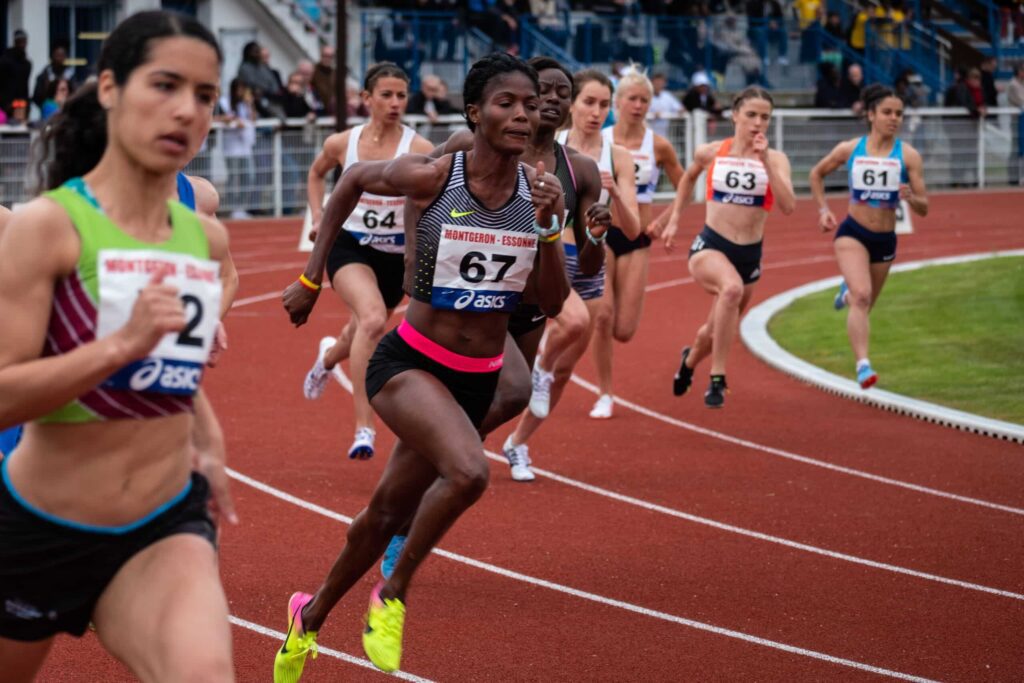As an athlete, your performance hinges on many factors, among which hydration sits near the top of the list. We all appreciate the necessity of water for optimal health, but the importance of hydration escalates exponentially when it comes to sports performance. Believe it or not, even a seemingly inconsequential degree of dehydration can drastically impact your performance on the field.
In this article, we’re going to delve into the fascinating interplay between dehydration and athletic performance, furnish you with practical advice on maintaining optimal hydration, and discuss how sports drinks fit into the grand scheme of things. So, let’s jump right in!

Hydration: An Athletic Essential
Water is the lifeblood of our bodily functions. During physical exertion, we naturally sweat to keep our body temperature in check. However, if this loss of fluids is not duly compensated, we risk plunging into the unwelcome realm of dehydration.
The tell-tale signs of dehydration range from the typical dry mouth, fatigue, and dizziness, to darker-than-usual urine and reduced urine output. But how does dehydration intertwine with athletic performance? Well, research suggests that a mere 2% level of dehydration can potentially lead to a 10% drop in performance. The reason? Dehydration forces your body to overwork in order to keep normal functions ticking, which can manifest as diminished endurance, sluggish reaction times, and muscle cramps.
Staying Hydrated: A Personalized Approach
Hydration requirements are far from a one-size-fits-all deal. They fluctuate depending on multiple factors, including your body weight, the level of physical activity, and even the prevailing environmental conditions. Here’s a general guideline to kickstart your hydration strategy:
- Hydrate with 16-20 ounces of water, 2-3 hours pre-exercise.
- Drink 7-10 ounces of water every 10-20 minutes during exercise.
- Replenish with 16-24 ounces of water for each pound of body weight lost post-exercise.
While these guidelines provide a solid starting point, it’s crucial to tune in to your body and hydrate when you feel the need. However, don’t wait until you’re gasping for a drink – by that time, you’re already dehydrated.
Electrolyte Replacement: Water or Sports Drinks?
Sweating doesn’t just rob your body of water, it also saps valuable electrolytes such as sodium and potassium, which are instrumental in regulating muscle function and maintaining fluid balance. Enter sports drinks.
Sports drinks pack in electrolytes and carbohydrates to make up for what you’ve lost during exercise. They can be a vital tool in your hydration strategy for intense or prolonged activities stretching over an hour. Some popular options include Gatorade, Powerade, and Cytomax.
The choice between sports drinks and water essentially depends on the length and intensity of your workout. For shorter bouts of exercise, water should suffice. For longer, more intense sessions, sports drinks could give you the edge you need.
Walking the Hydration Tightrope: Avoiding Overhydration
While hydration is of the essence, there’s a flip side – overhydration, or hyponatremia. This condition occurs when your body is overwhelmed with water, leading to diluted sodium levels. Symptoms often mirror those of dehydration and can include confusion, nausea, and headaches.
To steer clear of overhydration, refrain from guzzling copious amounts of water in a short span. Instead, distribute your fluid intake evenly throughout the day and keep an eye on the color of your urine. A pale yellow hue generally signals adequate hydration.
Elevate Your Game with Proper Hydration
In a nutshell, hydration is an indispensable pillar of athletic performance. Armed with the guidelines above and a keen awareness of your body’s needs, you can stave off dehydration, perform at your peak, and safeguard your health. Remember:
- Hydrate before, during, and after your workouts.
- Lean on sports drinks for intense or long-drawn physical activities.
- Regularly assess your hydration status and make adjustments as necessary.
With a little bit of mindfulness and proactive management, you’ll be well-equipped to master sports hydration and maximize your athletic potential. Stay hydrated and ace your game!

Jay
Jay is a health and wellness enthusiast with expertise in water quality and nutrition. As a knowledgeable advocate for holistic well-being, Jay successfully manages Type 2 Diabetes through informed lifestyle choices. Committed to sharing reliable and authoritative insights, Jay combines firsthand experience with a passion for enhancing health."

